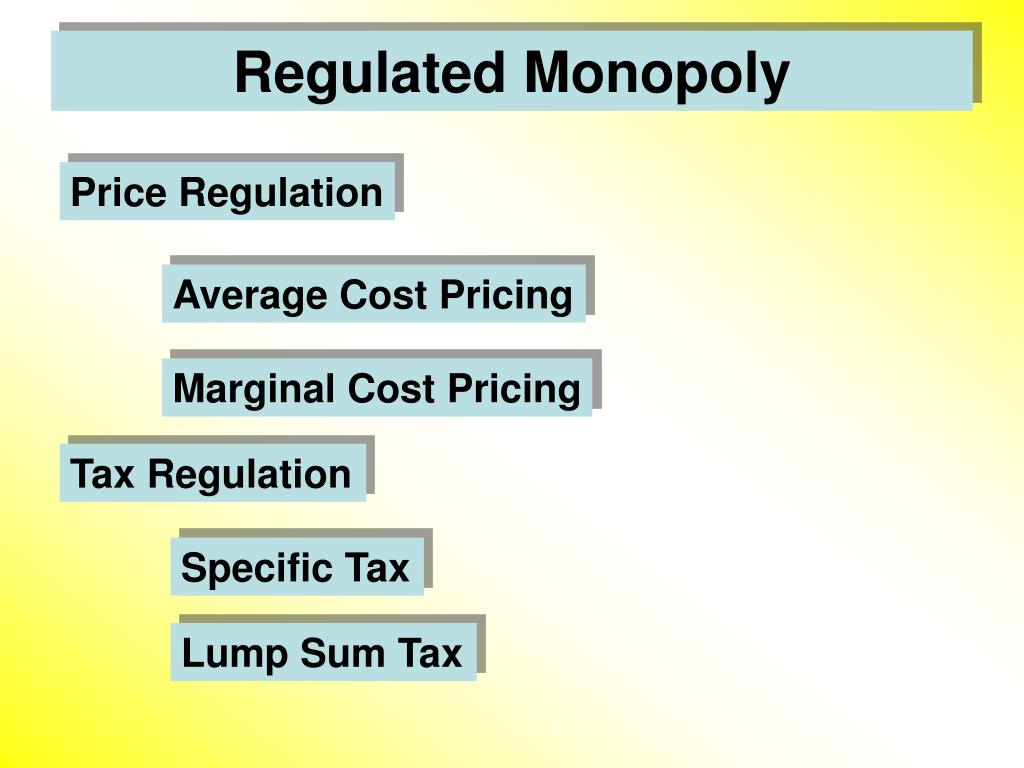

1 For a sample of the relevant literature, see Robert W. Economic studies generally show that, contrary to what natural monopoly theory would predict, competition has produced cost reductions, price reductions, and other consumer benefits. States should abolish monopoly electric franchises and allow competition to emerge if and where it is practicable.ĭuring the past four decades, competition has come to several industries previously thought to be natural monopolies, including previously unlikely candidates such as telephone service and cable TV.Monopolies may be efficient in the transmission and distribution of electricity, but not in electricity generation. State officials interested in reform should ensure that the monopoly on electricity service is limited to only where economic theory supports it.

Offering more choice allows consumers to find products that better suit their needs.

The chapter’s central recommendations for policy reform are: Retail choice is similar to how consumers choose a cell phone plan, where consumers can buy electricity from any supplier just as they would from AT&T, Mint Mobile, or Verizon. The emergence of smaller, competitive power plants and the reduction in transaction costs between consumers and suppliers makes retail choice systems possible. In this chapter, Jerry Ellig, an economist and former acting director of the Office of Policy Planning at the Federal Trade Commission, shows how improvements in technology have made monopolies for electric service obsolete. The nature of electricity markets, it was argued, encourages centralization and big companies. Policymakers and economists expected that it would be less expensive for one firm to operate a few large plants than for many firms to operate smaller plants. Usually monopolies are discouraged by economists, but electricity service has traditionally been considered a special case. Across most of the world, electricity is provided through public utilities that are granted monopolies.


 0 kommentar(er)
0 kommentar(er)
